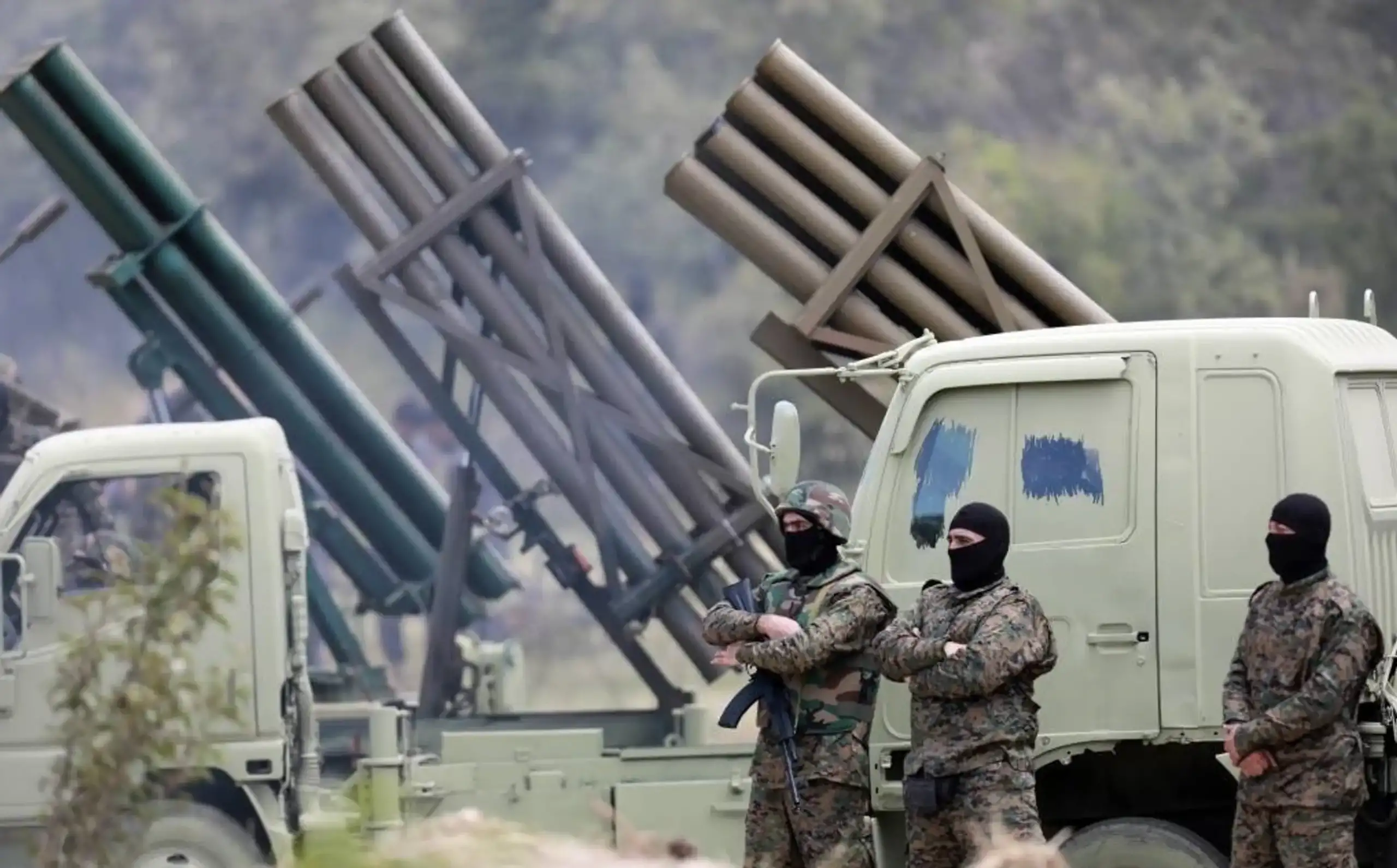On September 27, the Greek Minister of Defense, Nikos Dendias, visited Hellenic Navy’s Salamis Naval Base to attend the departure of the Greek Frigate “SPETSAI,” which embarked on her journey to the Red Sea. There, it will participate in the European EUNAVFOR ASPIDES operation against the Houthis, replacing the Frigate PSARA. Nikos Dendias, in his speech to the captain, officers, and crew of the Frigate, mentioned, among other things, the “CENTAUR” anti-drone system (C-UAS System) and the complete proposed plan for the anti-drone shield of Greece, which he is soon set to present to the Hellenic Parliament.
The speech of Greek Defense Minister Nikos Dendias follows:

“I won’t tell you something you don’t already know: the geopolitical developments in the Eastern Mediterranean and the Red Sea make it absolutely necessary to continue the European Operation ASPIDES.
For us Greeks, the ASPIDES mission has an additional use, one of critical national importance. It is a step toward creating a European Defense. Again, I don’t need to explain why Greece has a vested interest in the creation of a Common European Defense Policy and the ability to implement it through European forces.
Today, you, the Frigate ‘SPETSAI,’ take over the mission previously carried out by the Frigate ‘PSARA.’ And here, I must highlight the exemplary manner in which the Frigate ‘PSARA,’ following in the footsteps of the ‘HYDRA,’ fulfilled her mission.
There is another element of pride for us: the fact that the ‘PSARA’ successfully used the pioneering anti-drone system ‘KENTAVROS/CENTAUR’ by the Hellenic Aerospace Industry (HAIcorp). It is the first anti-drone system with these capabilities produced by our homeland, and its reliability has been tested in real combat conditions.
In a few days, I will present to the Hellenic Parliament the overall anti-drone shield that will be established in our country. ‘CENTAUR’ anti-drone system is an important part of this. Therefore, ‘CENTAUR’ is with you, and I hope it will protect your ship and the vessels you escort with the same success it has achieved so far.
I also want to point out how important it is for the Navy that our crews are trained and face real-world conditions. As you know, the ability to defend is not a choice for our homeland. It is a condition of our national survival. It is a prerequisite for our very existence, to put it plainly. Of course, Greece’s horizons are, and must be, wide. This is also a prerequisite for our national survival.
Our political horizon cannot be limited to just the Greek-Turkish issue. Our horizon includes the Balkans. Our horizon is the Eastern Mediterranean. Our horizon is North Africa. Our horizon is the Gulf and the Red Sea.
Due to migration and many other factors, our horizon also extends to Sub-Saharan Africa. Your presence there, in the Red Sea, is a presence in an area that directly concerns the interests of our homeland and Hellenism.
And, as I have told your colleagues the two times I found myself in the same position before you, I won’t hide from you what you already know: that your homeland is sending you into an area of danger, a danger zone.
But this is part of your duty to this homeland. As I mentioned earlier, Greece doesn’t maintain armed forces only for parades and ceremonies. Greece maintains armed forces because they are a condition for its survival.
Our thoughts and best wishes will accompany you on your journey and your patrols. As with the two previous frigates, I will visit you in the Red Sea. I wish you success and a safe return. All I can say is that, as planned by the General Staff, if all goes well, with the help of God, you will be back before Christmas.”





